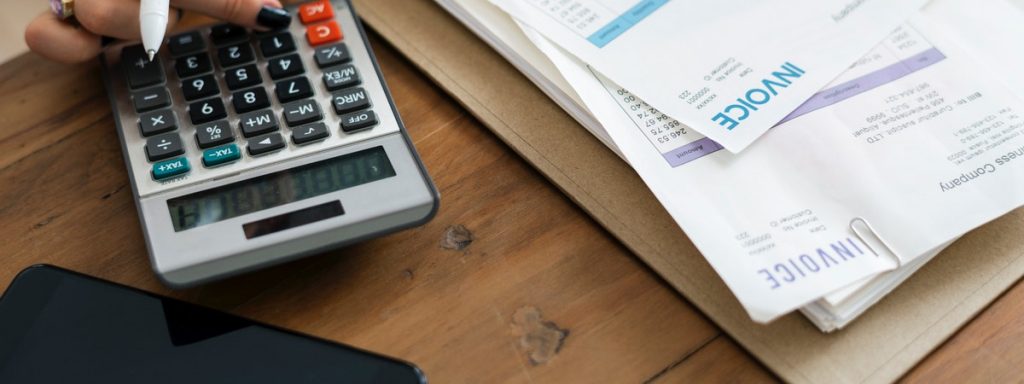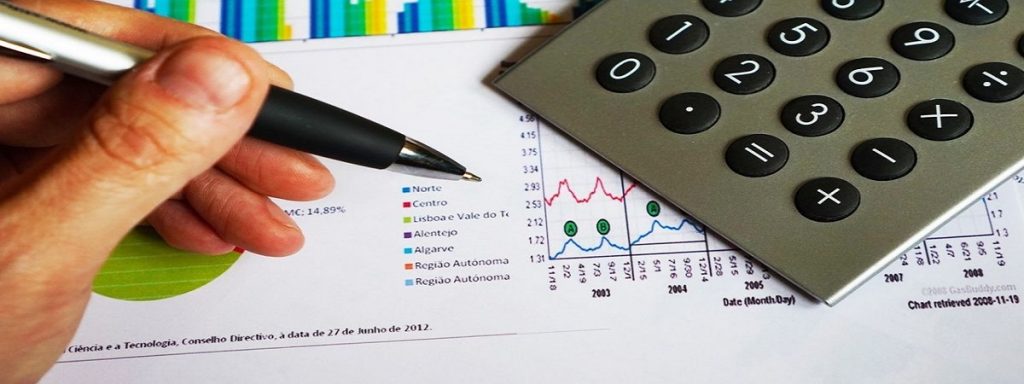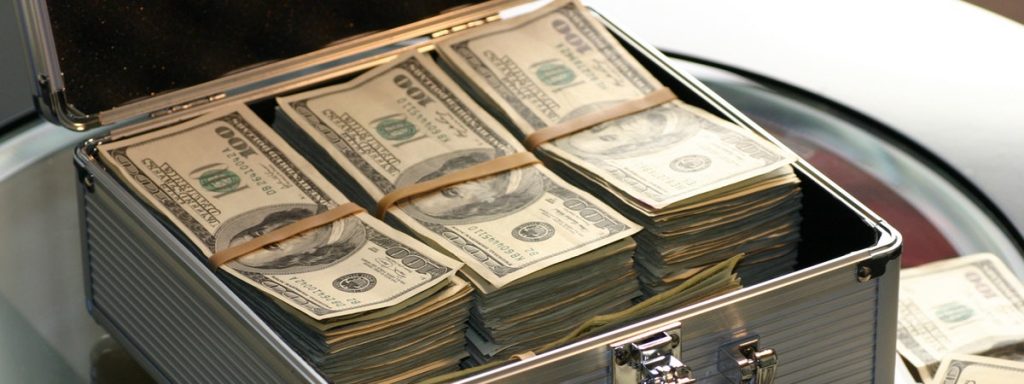If your vehicle serves as security for the loan then you have to be very cautious about the loan payments. If you don’t make a loan payment for at least 60 – 90 days then the chances are very high that Capital One might repossess your car. Even if Capital One doesn’t repose your car, missing car loan payments can affect your credit score.
Key Takeaways
- Repossession is a type of action that a lender can take if the borrower fails to repay the loan amount
- Repossession is available in two types: involuntary and voluntary
- You should keep in mind that Capital One waits for at least 60 – 90 days before repossessing the vehicle
- If you fail to make the loan payments then Capital One will sell the vehicle at an auction
- You have to pay all the late payments as well as all the fees that will cover the cost of the repossession to get back your repossed car
What Is Repossession?

Repossession is also known as colloquially repo and it is a type of action that a lender can take if the borrower fails to repay the loan amount. If you have a loan and if you fail to make the payments in time then Capital One bank might repossess your property like car, TV, etc. There are two types of repossession available –
- Involuntary
- Voluntary
In an involuntary repossession, the lender sends a repossession specialist to take the property when the borrower defaults on the loan. On the other hand, in a voluntary repossession, the borrower himself gives up the property to avoid an involuntary repossession and additional costs. If you have missed loan payments then you should contact the lender as soon as possible to stop the repossession and keep the property. You might be able to convince the lender and find a more affordable payment plan.
Capital One Auto Repossession Policy
Capital One offers various financial services to its customers including auto loan financing and refinancing. If you take an auto loan from Capital One, then you have to make the agreed-upon payments in time. If you fail to make auto loan payments then you will default on your loan and Capital One might repossess your vehicle. Capital One is very strict about their auto loan policy and they only disclose the auto repossession policy to current account holders. Usually, Capital One waits for at least 60 – 90 days before repossessing the vehicle. If your vehicle is repossessed then you might be able to get back your vehicle but it totally depends on the situation. Whether you will be able to get your vehicle back mostly depends on the State laws and regulations. If you fail to make the loan payments then Capital One will sell the vehicle at an auction. You should keep in mind that you might have to pay money after your vehicle is repossessed and sold. If the auctioned price of the vehicle doesn’t cover the balance you owed to Capital One then you have to pay the rest of the due amount from your pocket.
Can I Get My Vehicle Back after it was Repossessed?
Whether you can get your repossessed vehicle back depends on which state you live in as well as the policy of Capital One Bank. You will have a great chance to get your vehicle back if you fulfill certain steps in a timely fashion. Here are the steps –
- If your vehicle is repossessed then contact Capital One bank and try to pay off all the late payments and associated fees to settle your loan account.
- Contact Capital One and see if you can get a type of loan extension or modification or you can extend the terms of the loan.
- You should pay all the fees that will cover the cost of the repossession.
- If the lender has transported the vehicle to an auction house then you have to pay all the fees related to the auction house to get back your vehicle.
- There is a defined time frame to get back your vehicle and it depends on the state you reside in. Therefore you should check your state’s rules and regulations to get back your vehicle before the deadline.
How to Recover Personal Belongings from a Repossessed Vehicle?
You should keep in mind that all your belongings of yours in a repossessed vehicle are your property. Lawfully you are the owner of all the belongings in a repossessed vehicle. If there are personal belongings left in the car at the time of repossession these items will be held at the repossession agency. The repossession agency will hold the items for a certain period under state laws and regulations. Capital Bank will send you the address of the repossession agency. You can also contact Capital One bank to find additional information like their working hours, etc. Then you can visit the repossession agency and collect your personal belongings.
Does a Repossession Affect Credit Score?
If your vehicle is repossessed then this information will be included in your credit report thus repossession can affect your credit score. For example, if your vehicle is repossessed and Capital One reports your account to the credit bureaus then your credit report might include the repossession. Your credit card report might show that you have made late payments or missed payments on the car loan and therefore the lender has repossessed the vehicle. Then credit bureaus will use the information from your credit reports and calculate your credit score. So, the chances are high that you will see a drop in your credit scores because of the vehicle repossession. If the lender reports the repossession then it might remain on your credit report for a maximum of seven years.
What to Do If you Have Missed Car Payments?

If you have failed to make the auto loan payments in time then you should take some action immediately to prevent vehicle repossession. You’ll need to get everything in order and the below steps will help you –
1. Calculate the Due Amount
The first thing you should do is calculate the due amount, therefore immediately checking your loan balance, applicable interest, etc. You should also check whether you owe a late or missed payment fee. If your loan payment is automatic then you might have to pay an additional NSF fee because the payment is bounced. You should review your monthly budget and see if you can put more money toward your car payments. According to many loan experts, you have to keep car-related expenses to no more than 20% of your after-tax income.
2. Find Alternative Options
If you can able to repay all the missed loan payments then you should call the lender and re-process the payment as soon as possible and avoid vehicle repossession. You can consider setting up automatic payments and avoid the chance of missing the loan payments. On the other hand, if it is difficult to afford the loan payment then you should contact the lender and find a suitable loan term for you. Moreover, you can also consider trading your vehicle for something that is more affordable and it will lower your monthly payments.
3. Call the Lender
Finally, you can call the lender and discuss about your missed loan payments and ask for potential solutions. If you show that you are committed to paying the loan amount then the lender will be more willing to solve your problem without repossessing the vehicle. If you missed the loan payments for some specific reason like you have lost your job then the lender might ask for the proof. Therefore, show all the required documents to the lender. You should always keep in mind that missing an auto loan payment requires quick action to avoid any consequences.
FAQS about Capital One Repossession
How many payments can you miss before a repossession?
If you have a Capital One auto loan then two or three consecutive missed payments can lead to a repossession. When you miss a payment there are options available to recover it and most lenders will co-operate with you about a missed payment!
How do I get my car back from being repossessed by Capital One?
If you want to get your car back from being repossessed by capital one then you should immediately contact Capital One and pay all the due amount including the penalties or late fees.
Does Capital One auto have a grace period?
Yes, Capital One auto has a grace period and it is 25 days. Usually, the grace time is between the close of a billing cycle and when your bill is due. The best part is you won’t be charged interest during the grace period!
Can my car be repossessed if I make partial payments?
The answer to this question is yes. If you made partial payments then the lender still has the legal right to repossess the car. This is because partial payment is not full payment therefore the unpaid amount will still be considered a late payment. So, the lender can repossess the vehicle despite the partial payment.
References:
https://pocketsense.com/capital-one-garnish-wages-repossessions-8630328.html
https://www.consumeraffairs.com/finance/capital-one-auto-financing.html?page=3
Last Updated on November 16, 2022 by Magalie D.

Magalie D. is a Diploma holder in Public Administration & Management from McGill University of Canada. She shares management tips here in MGTBlog when she has nothing to do and gets some free time after working in a multinational company at Toronto.





